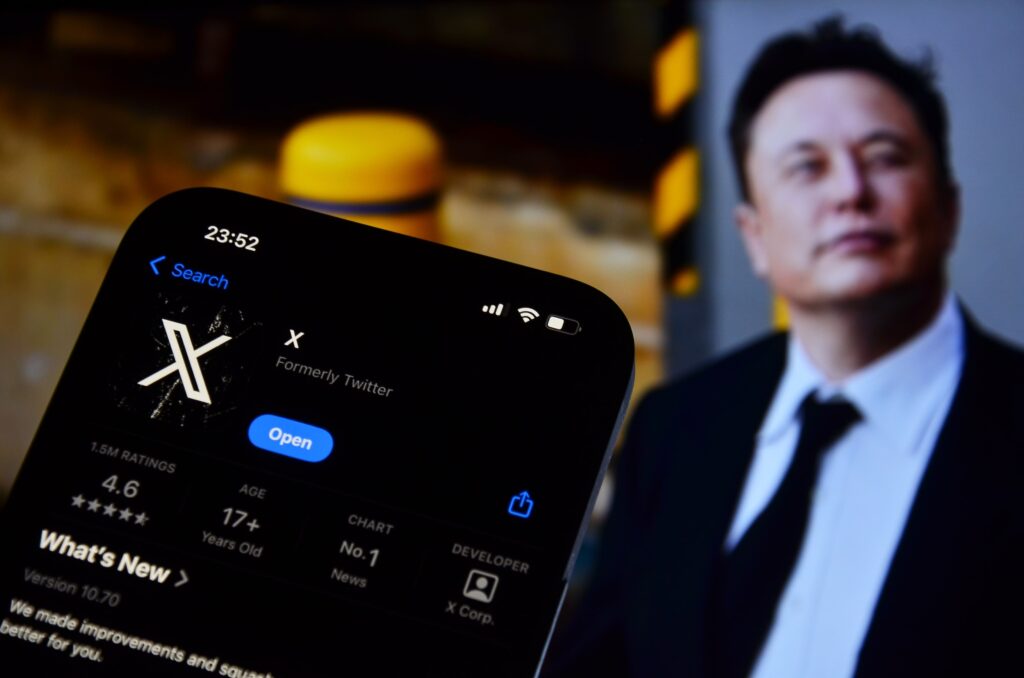An Indian court has dismissed a case brought by Elon Musk’s platform X. The company had argued that a government portal enabled arbitrary censorship of online content.
A single judge of the Karnataka High Court ruled that X’s petition against the Sahyog portal was “without merit”. The full text of the judgement has not yet been released.
X has not confirmed if it will appeal the ruling.
Another defeat in India
This is the second time in just over two years that X has lost a legal battle in India. The company previously failed to overturn government powers to block content. Experts warn this trend could further undermine free speech in the country.
X has an estimated 25 million users in India. Technology policy researcher Prateek Waghre described the ruling as “worrisome”. He said it legitimised direct takedown orders from government agencies to social media firms. He added that the full consequences would only be clear once the judgement is made public.
X’s legal team declined to comment. India’s home and information technology ministries have not yet responded to requests for statements.
Why X opposed Sahyog
X filed its case in March against Sahyog, a portal operated by the federal home ministry. The system automates notices from government agencies to intermediaries like X and Facebook.
Google, Amazon and Meta agreed to join Sahyog after its launch last year. X refused. The company described it as a “censorship portal”. It argued Sahyog bypassed safeguards such as hearings and review processes.
X claimed the portal gave “countless” officials, including thousands of local police officers, unchecked power to order removals. In July, one of its lawyers said the system allowed “every Tom, Dick, and Harry officer” to demand takedowns. Government counsel objected to the remark.
If companies fail to comply within 36 hours, they risk losing safe harbour protection. Without this protection, they can be held liable for user-generated content.
Government defends the system
The Indian government defended Sahyog as a necessary tool to handle growing volumes of harmful online content. Officials said the portal only informs intermediaries about unlawful material rather than blocking content directly.
The Karnataka judge rejected X’s petition on Wednesday. He said social media cannot remain in “a state of anarchic freedom”. He described regulation as essential and called Sahyog a “public good”.
The judge also highlighted that X follows takedown laws in the United States. He questioned why the company resisted similar rules in India.
Censorship under scrutiny
The court referred to the Take It Down Act passed in the US earlier this year. The law criminalises posting intimate images without consent and requires companies to remove them within 48 hours. X has publicly supported the legislation.
When X launched its petition, digital rights experts warned that Sahyog had already increased censorship. Court filings showed government agencies had demanded removals of varied content. These ranged from videos of a deadly crush in Delhi to posts allegedly harming the reputation of senior political leaders.
A long-running clash
X remains the only platform directly challenging India’s content blocking framework. Legal experts often describe the system as opaque and arbitrary.
In 2022, before Elon Musk acquired the company, X contested multiple takedown orders. A year later, the Karnataka High Court ruled against X and fined it 5 million rupees for delayed compliance.
That appeal is still pending. With this latest ruling, X faces another major obstacle in its fight over free expression in India.


